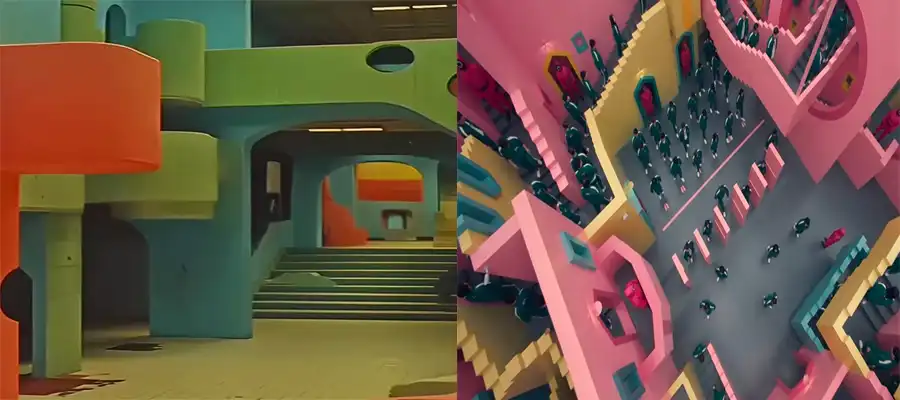Squid Game Season 2 was released on Netflix on December 26, 2024, and ever since then, it has become a topic of discussion among fans on social media. While a few fans are not happy with the storyline, another section is now eagerly waiting for Squid Game Season 3. In the meanwhile, a plethora of content creators have made videos claiming that Squid Game Season 2 is a real story. Hence, fans around the world are digging deep into Squid Game Season 2 Real Story linked to the Brothers' home. Below is everything you need to know about Squid Game Real Story or Squid Game True Story, and Squid Game Brothers Home-
Created by Korean writer and television producer Hwang Dong-hyuk, Squid Game Season 2 stars Lee Jung-jae, Wi Ha-joon, Lee Byung-hun, Im Si-wan, Kang Ha-neul, Lee Jin-wook, Park Sung-hoon, Yang Dong-geun, Jo Yu-ri, Kang Ae-shim, and Lee Seo-hwan.
Squid Game Real Story
Going by various content creators, Squid Game is inspired by South Korea's infamous Brothers' Home. For the unversed, Brothers' Home operated from 1976 to 1987 in Busan, South Korea. The infamous shelter home was operated mostly under the regime of former Army General Chun Doo-hwan, who served as the nation's fifth President.
South Korea was devastated by war at that time and among the many challenges one included shelter for orphans or housing for orphans. To provide housing for orphans, around 36 orphanages and welfare centres were opened. However, reports suggest that the government soon sought to 'cleanse' South Korea of anything that would seem to tarnish the image of the nation, and this included the homeless people.
Established as an orphanage, Brothers' Home quickly transformed into a facility aimed at "purifying" the streets by detaining homeless people, street children, and those deemed "unfit for the society". This initiative was part of a broader governmental strategy to clean up urban areas ahead of big events like the 1986 Asian Games and the 1988 Olympics.
(PC: BBC)
As per BBC that quoted one of the survivors in their report, a "social purification campaign" was started under the orders of President Chun Doo-Hwan. In a hand-written letter to then-Prime Minister Nam Duck-woo, he ordered a crackdown on begging and to take "protective measures against vagrants".
Soon, the orphanages and welfare centres were turned into concentration camps, and the homeless and the poor were herded inside.
It is said that people had to witness social evils like unpaid labour, torture, rape, and human trafficking within its walls. An investigation in 1987 indicated that only about 10% of those detained were actually homeless; many were simply swept up in a campaign against poverty and dissent.
